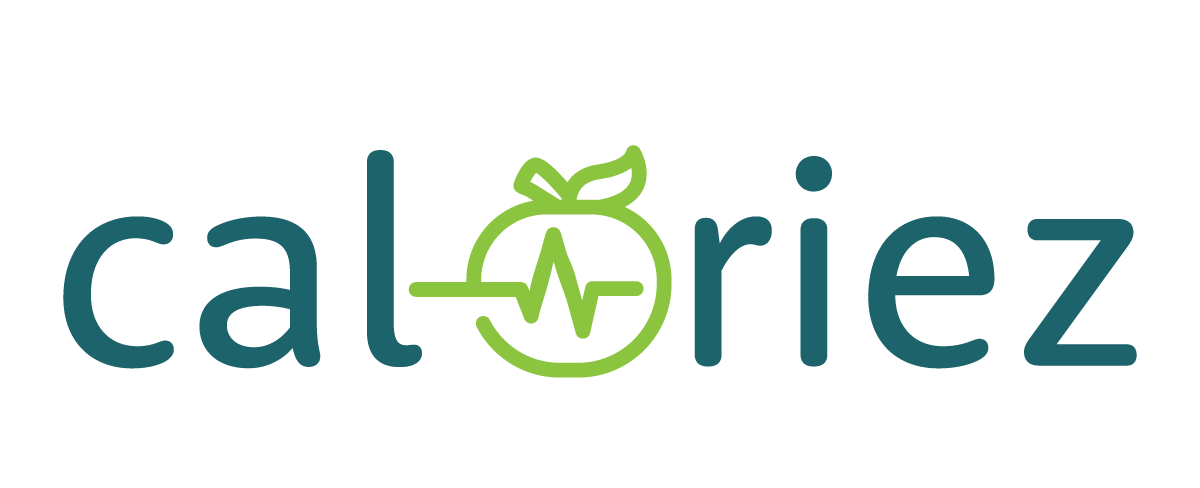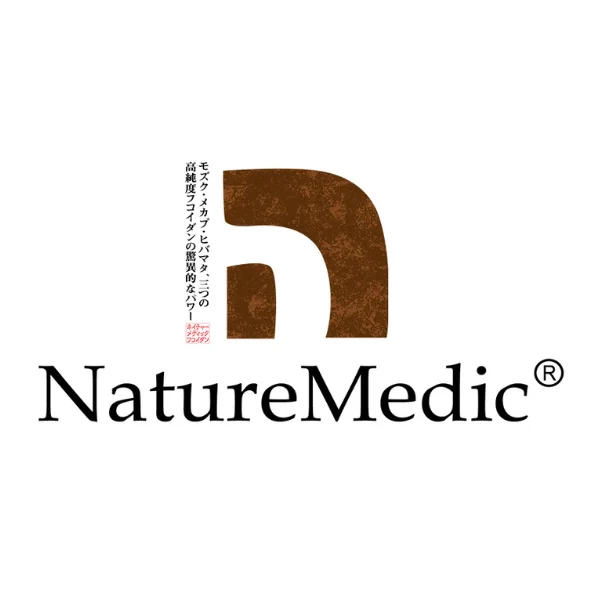The Facilities for Illness Management and Prevention on Friday revised its tips for monitoring the genetic signatures of viruses collected from individuals newly identified with H.I.V., a controversial observe utilized by state and native well being departments to curb infections.
The up to date coverage inspired well being officers to be extra clear with their communities in regards to the monitoring, one among many adjustments sought by H.I.V. advocacy organizations involved about how so-called molecular surveillance may violate sufferers’ privateness and civil rights.
However the company stopped in need of adopting extra vital adjustments that some advocates had pushed for, akin to permitting well being businesses to decide out in states the place individuals may be prosecuted for transmitting H.I.V.
“We’re in a interval by which well being information is more and more utilized in legal prosecutions, as seen in prosecutions of individuals looking for abortion care or who’ve maybe miscarried,” mentioned Carmel Shachar, a professor at Harvard Legislation College who focuses on well being care. The revised coverage didn’t go far sufficient, she mentioned, to guard individuals with H.I.V.
Dr. Alexandra Oster, who leads the C.D.C.’s molecular surveillance workforce, mentioned the advantages of this system far exceed the dangers. “We have to do it effectively,” she mentioned. “However we have to preserve doing it.”
H.I.V. has a particular genetic signature in every individual that helps medical doctors resolve which medication are more likely to thwart it. However the info can be used to trace its unfold via a inhabitants — together with figuring out clusters of people that carry intently associated viruses.
The C.D.C. has for many years used molecular surveillance to trace flu, salmonella and, extra not too long ago, Covid.
In 2018, the C.D.C. started requiring well being departments that obtained federal funding for H.I.V. applications to share such information gleaned from individuals with the virus. Sufferers shouldn’t have to be told that their viral samples are tracked.
Molecular surveillance has recognized greater than 500 H.I.V. clusters within the nation since 2016, the C.D.C. mentioned. Well being officers can then interview individuals within the clusters to determine their sexual or drug-use companions and join them to testing, needle exchanges and drugs that block transmission.
For instance, Dr. Carlos Saldana, an infectious illness professional at Emory College, reported in March that molecular surveillance had recognized contaminated individuals in Atlanta who might have in any other case feared looking for assist due to their immigration standing or lack of insurance coverage.
Nonetheless, many H.I.V. activists have lengthy argued that such monitoring may violate individuals’s rights and discourage testing and therapy.
Earlier than the info is reported to the C.D.C., well being departments strip it of data that might readily determine the affected person. However private information is held by state and native well being departments.
In some states, individuals have been prosecuted for transmitting H.I.V. or for not telling their companions that they carry it. No legal prosecution in the USA has been identified to contain molecular surveillance information, however activists stay cautious of the likelihood. Additionally they worry that advances in know-how would possibly finally be capable of decide who contaminated a particular individual.
In October, 110 H.I.V. and human-rights organizations despatched a letter to the C.D.C. expressing “severe considerations” that molecular surveillance was carried out with out the knowledgeable consent of individuals with H.I.V.
The C.D.C. mentioned that it met with the activist coalition’s representatives final fall and included their enter within the revised coverage.
The same battle with H.I.V. activists arose within the late Nineties, when the C.D.C. pushed for states to gather names of identified individuals in state-run databases, which the company mentioned would assist fight a illness that by then had killed a whole bunch of 1000’s of People. However many activists protested the coverage, delaying its rollout for a decade. Since 2008, all states have collected the names of individuals identified with H.I.V.
The C.D.C. mentioned the data is safe, and that it knew of just one names-related information breach, in Florida in 1996. It mentioned it knew of no such privateness violations associated to molecular surveillance information.
Modifications within the company’s molecular surveillance coverage embrace specific suggestions that well being departments attempt to foster belief of their native communities. They need to be “speaking proactively” in regards to the surveillance, the up to date coverage says, together with by publishing common experiences on its use and the way they safeguard affected person privateness.
The brand new coverage didn’t enable waivers for opting out of molecular surveillance in locations the place such information might be utilized in legal proceedings, a change that had been really useful by the Nationwide Alliance of State and Territorial AIDS Administrators, a nonprofit representing public well being officers.
Representatives from greater than 40 state or county well being departments that the federal authorities prioritizes for H.I.V. prevention advised The New York Instances that the molecular surveillance coverage had been usually helpful of their efforts to forestall transmission. None knew of any information breaches.
Dr. Matthew Golden, director of the H.I.V. program on the Seattle-area well being division, mentioned molecular surveillance had helped his workforce reply to an outbreak of H.I.V. amongst homeless individuals who injected medication.
Many individuals with H.I.V. who had been reached because of molecular surveillance have advised his workforce they supported its use. “We haven’t actually seen big opposition,” he mentioned.




